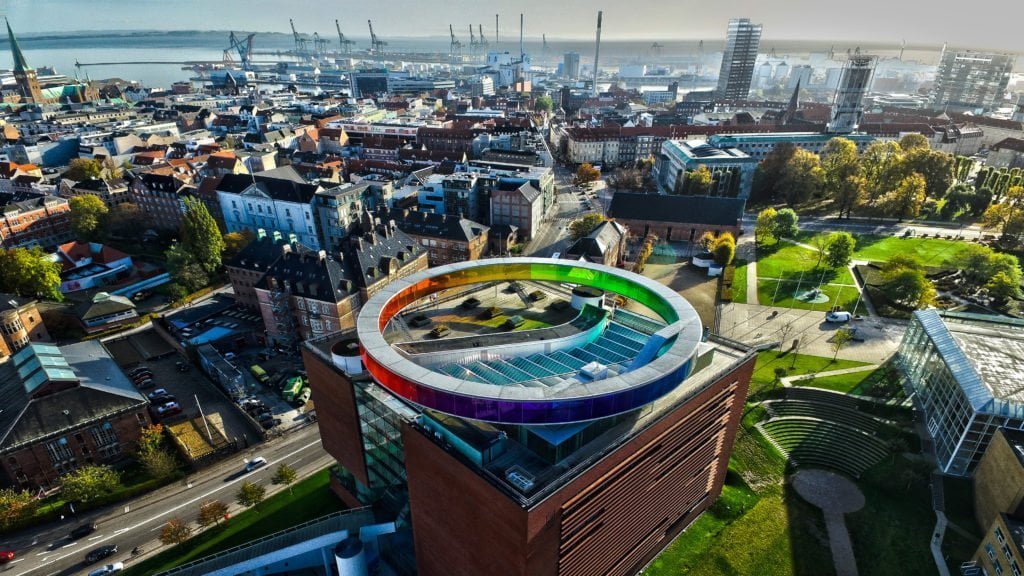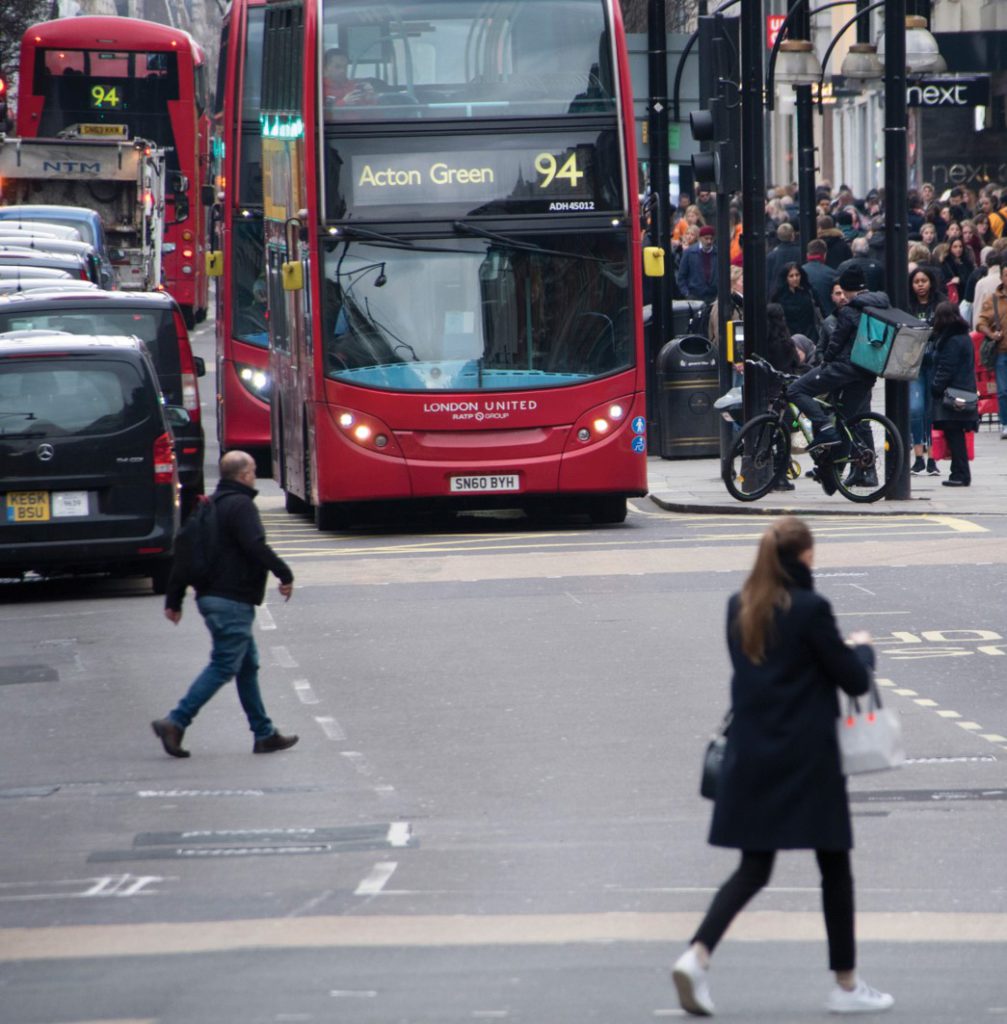Polis members share MaaS experiences and approaches
The Fluidtime Symposium on 7 and 8 June 2018 offered an interesting forum to share knowledge about the current developments and challenges in Europe and gave the participants insights about the MaaS situation outside the EU as well, answering questions like how cities benefit from being a MaaS incubator, or what are the current best practices.
During the workshops on the second day, participants were involved in discussions about demand responsive transport, why we need to understand the local mobility behaviour, how self-organisation can be key and co-mobility as an enabler for MaaS.
The BKK MaaS project
BKK Centre for Budapest Transport is taking part in a MaaS-related H2020 research and innovation project called Maas4EU as a living-lab city. The main goal of MaaS4EU is to provide quantifiable evidence, frameworks and tools, to remove the barriers and enable a cooperative and interconnected EU single transport market for the MaaS concept, by addressing challenges at 4 levels: business, end-users, technology and policy. The project will provide quantifiable evidence about MaaS costs and benefits in three real-life, complementary pilot cases, demonstrating the concept in urban, intercity and cross-border trips in 3 EU areas.
The pilot in Budapest provides a testbed for door-to-door city, intercity (national) and cross-border multimodal and intermodal MaaS products and offers the opportunity to identify and test B2C MaaS models. In Budapest, citizens are considered as partners instead of being passengers or customers of the mobility system, involving them in living-lab activities and in other participatory planning activities and projects as well.
The first living-lab activity of the MaaS4EU project (travel-behaviour information collection) took place in May 2018, involving locals and tourists as well. For the information collection, online surveys, a tracking application (developed by the project) and a web based trip validation interface were used. After the first phase, the collected data is being analysed and based on the results, MaaS mobility packages will be put together for the travellers for the next phases in 2019 and 2020. Meanwhile the MaaS4EU project is working on a Common Information Model, which defines a common vocabulary for all aspects of the urban travel and facilitates seamless interoperability among existing and future service solutions.



